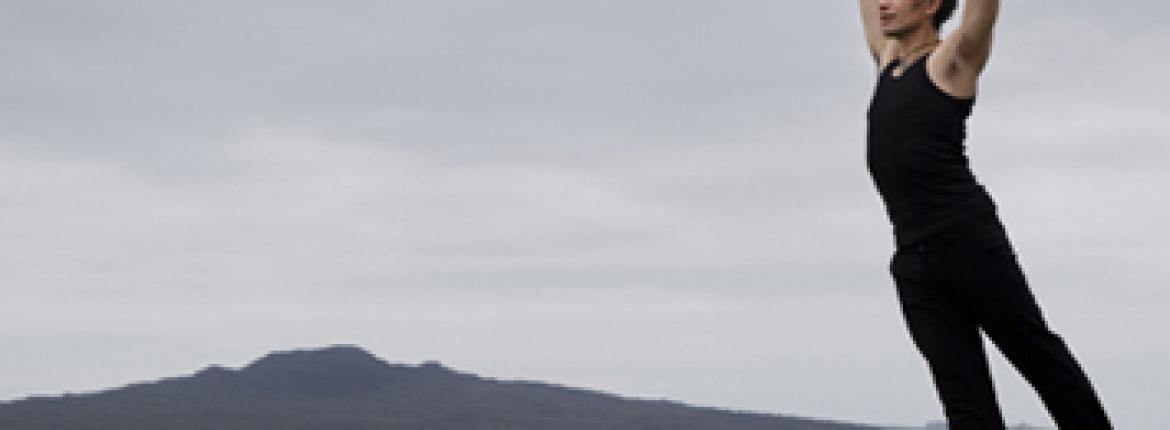Fast forward nearly two decades and his CV spans top troupes including Black Grace, Atamira Dance Collective and Touch Compass. The South Aucklander has shimmied around the stage at World of Wearable Arts shows, got his groove on in music videos and even danced in operas.
When we meet, he is busy choreographing a new Atamira work, Te Hou Hi, about the Government land-grab from his hapu.
It seems smart for a 43-year-old dancer to move into choreography. But Maaka, who doesn’t think dancing comes with an expiry date, plans to stay onstage into a ripe old age. “I’m a storyteller,” he says.
Raised in a small Maori settlement in the Ureweras and then Christchurch, he wasn’t one of those boys who always wanted to be a soldier. “First it was a carpenter, then an actor, then an astronaut, then a pilot.” But the army won out. It was a chance to follow in the footsteps of his grandfather and uncle. Then, fed up with Government slashing of defence spending and opportunities, he quit in 1992, not sure what was next.
Back in Christchurch, Maaka spotted a dance course poster at the YMCA. He never imagined it would be the start of a career, just a few new moves for dancing around the lounge. But he found his calling.
“I’d always been shy verbally, so finding I could express myself freely through movement was huge for me.”
Turning his talent into a career was always going to be an uphill slog, even after performing arts school.
But the confidence he had in himself, and that he’d succeed, never lapsed. It was a self-belief shaped by the army. “I was trained by highly-motivated individuals who taught me life skills, confidence, a work ethic, professionalism, discipline, commitment and focus. I learned to perform under pressure and that there’s a technique to everything. In both the military and the performing arts, you repeat your drills over and over ‘til it’s second nature,” he says. “The two jobs aren’t so different. Both involve physical and mental endurance; observing your environment; working together to achieve your objective.”
Maaka sometimes wonders how life would have turned out in the army. Sometimes he misses it. “The comradeship, the adrenalin rush. But, if I’d stayed, I’d be a totally different person to who I am now. The path I have taken was the right path for me.”
Reported by Sarah Lang for our AA Directions Spring 2024 issue




